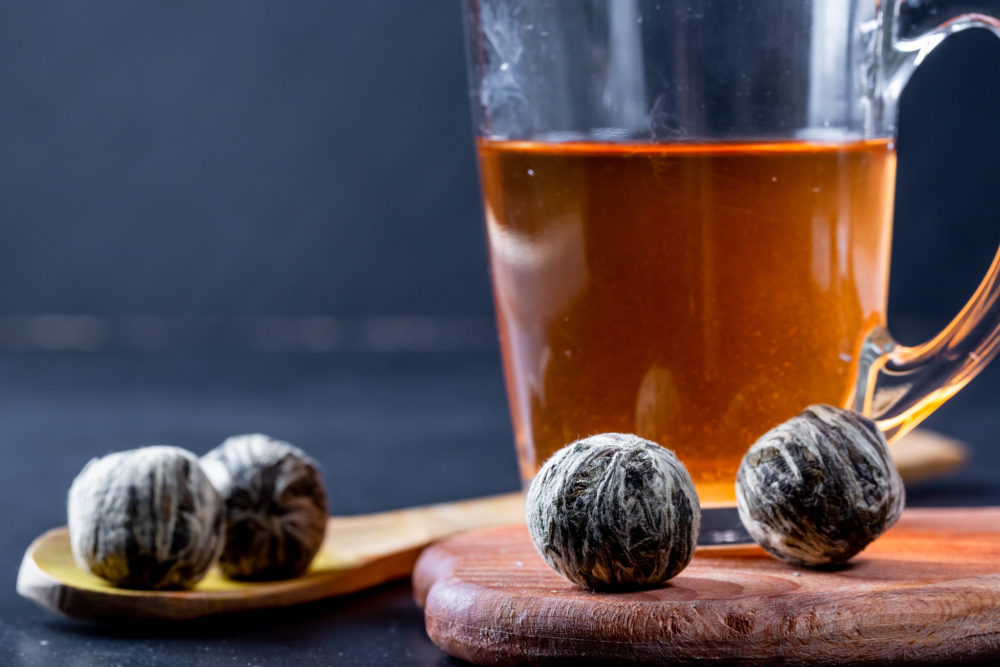Research asks: Can green tea prevent age-related disease?

Aberystwyth University scientists are testing how nutrients in green tea can affect age-related diseases by monitoring people’s brain activity.
The food and behavioural experts will test whether supplements containing natural blends of ginseng and omega oils can improve people’s health.
As we age our body becomes less able to absorb nutrients from our diet and this contributes to some of the health difficulties we may experience as we get older.
Changes to our body as we age can include problems with digestion which in turn can make us vulnerable to illnesses, including cardiovascular disease and diabetes, but also cognitive decline.
Gut and brain link
The study uses the EEG (Electroencephalogram) facility at the University’s Department of Psychology to measure whether there is any relationship between how the gut is functioning and brain activity – in this case memory and various aspects of information processing.
Dr Amanda Lloyd from the Department of Life Sciences at Aberystwyth University said: “Improving older people’s health is a major focus of much of our dietary, health and future foods work here in Aberystwyth. We know that diet can make a big difference in improving people’s welfare, reducing illness and in turn lessening pressures on our health service. That is why this type of research is so important.
“This is a fascinating project in that could benefit older generations significantly, as well as reduce burden for the NHS. We do know that specific products can improve the function between the gut and the brain. But this study will be looking at whether these products have an overall health benefit. We intend to examine changes in cognition and inflammation markers, in a cohort of older people who take these supplements in their diet over a 30 day period.”

Professor Nigel Holt, Head of the Psychology Department at Aberystwyth University added: “The Gut-Brain relationship is getting a good deal of attention lately, and you’ll see all sorts of things in shops and the press about probiotics and food supplements. We are interested in evaluating this, and pioneering techniques to allow us to work across disciplines to arrive at the most accurate answers we can. We all know that eating properly helps us function physically, and we are now looking at how supplements may helps us function cognitively.”
The project is a partnership between Aberystwyth University, Welsh company Agroceutical Products Ltd, Canadian Neurodyn Life Sciences Inc, and PostBiotics Inc from the US. The research is funded through the Innovate UK Better Food for All competition.
The products tested as part of the study will be Cerbella, a natural product-based formulation, developed by Neurodyn Life Sciences that blends specific components of ginseng, green tea, and essential fatty acids, and Postbiotics Inc’s dietary supplement POZIBIO that improves gastrointestinal tract function.
Support our Nation today
For the price of a cup of coffee a month you can help us create an independent, not-for-profit, national news service for the people of Wales, by the people of Wales.







Why not buy the real product – quality organic green tea – online?
Tannin is bad for the prostrate gland so I was told but I chose to limit my Earl Grey usage with Mawddach honey and lemon…
Tannin from Oak bark was a common export for the Irish leather trade back in the day when the Mawddach was a great ship-building river…
RIP Lewis Lloyd